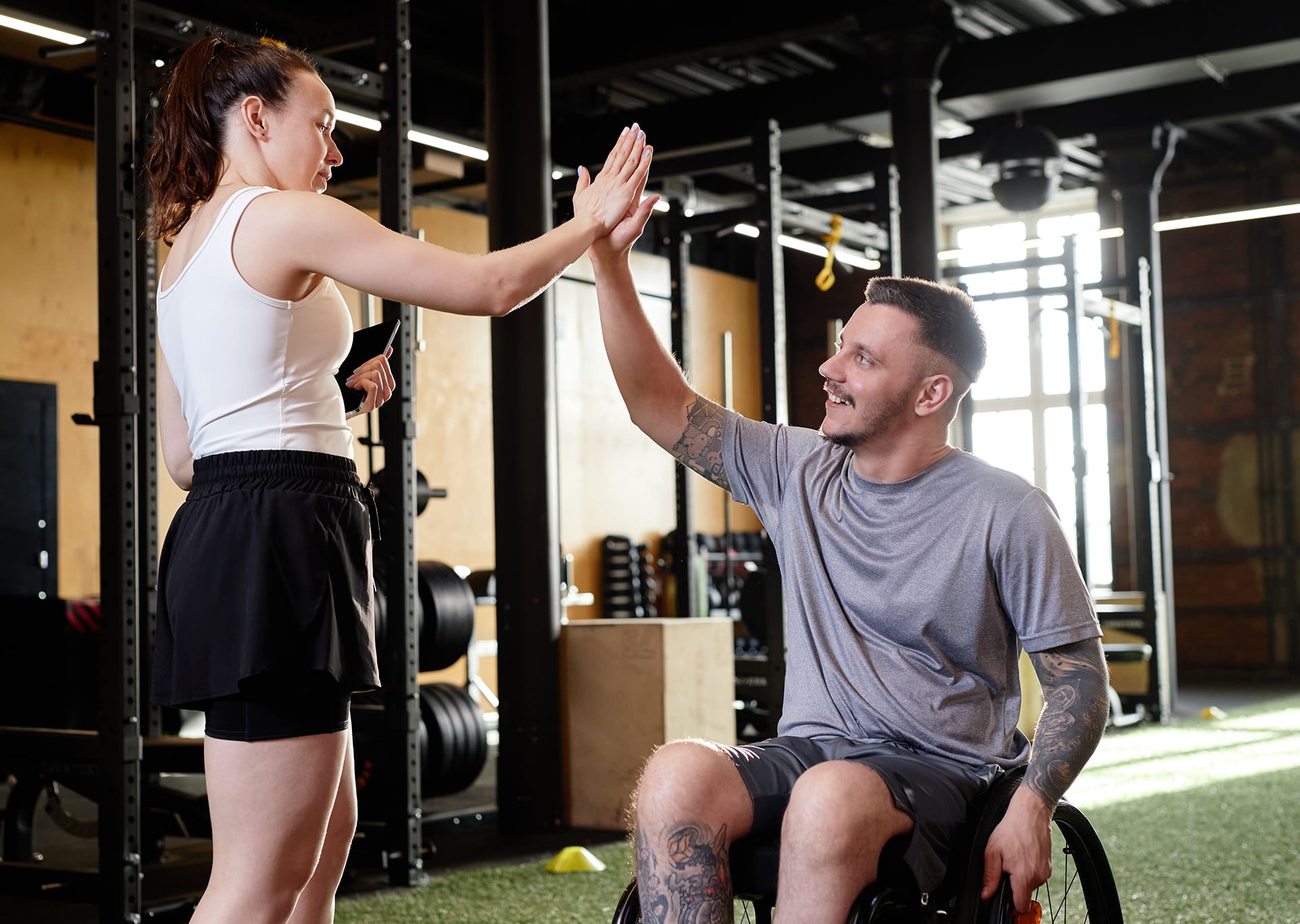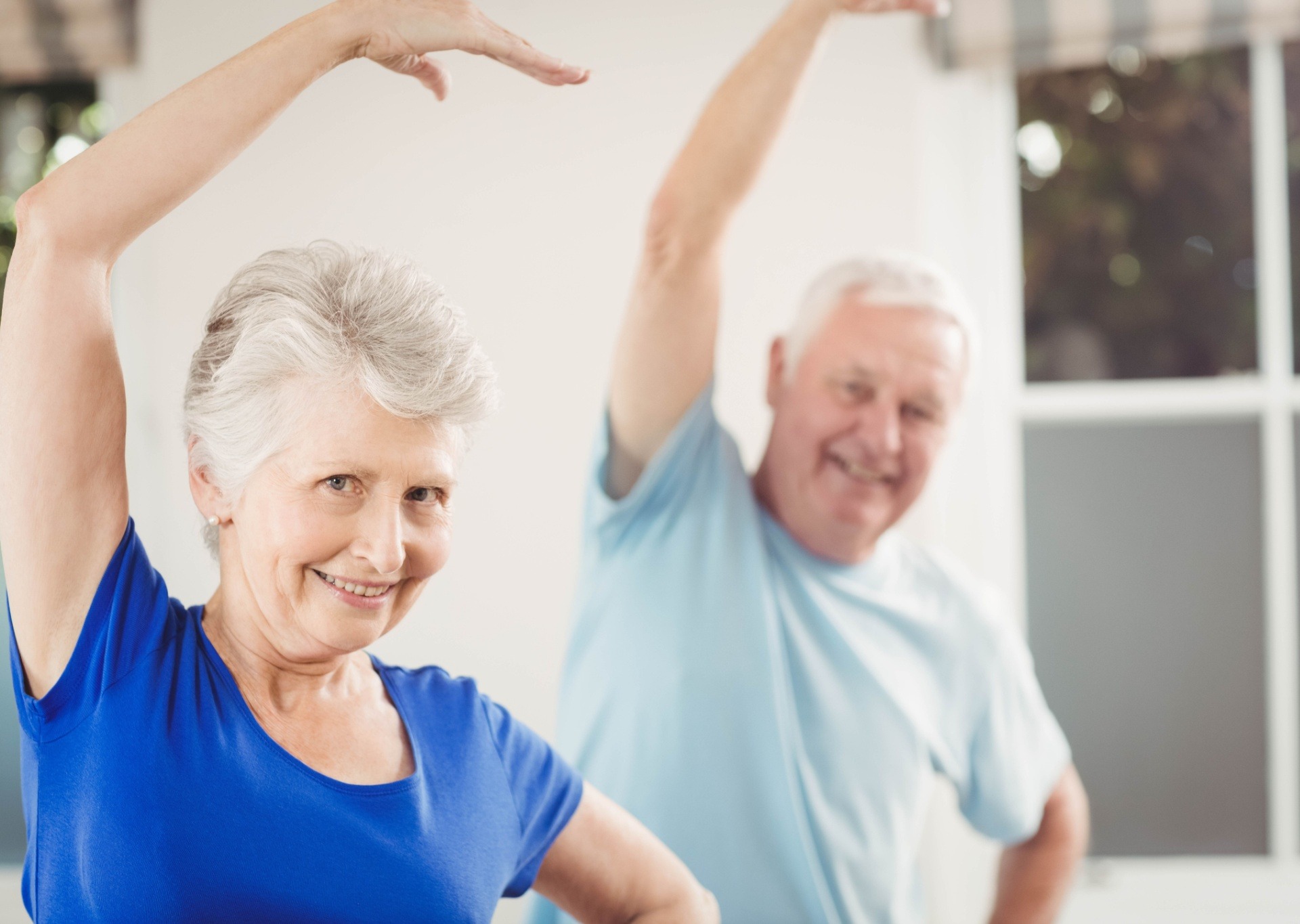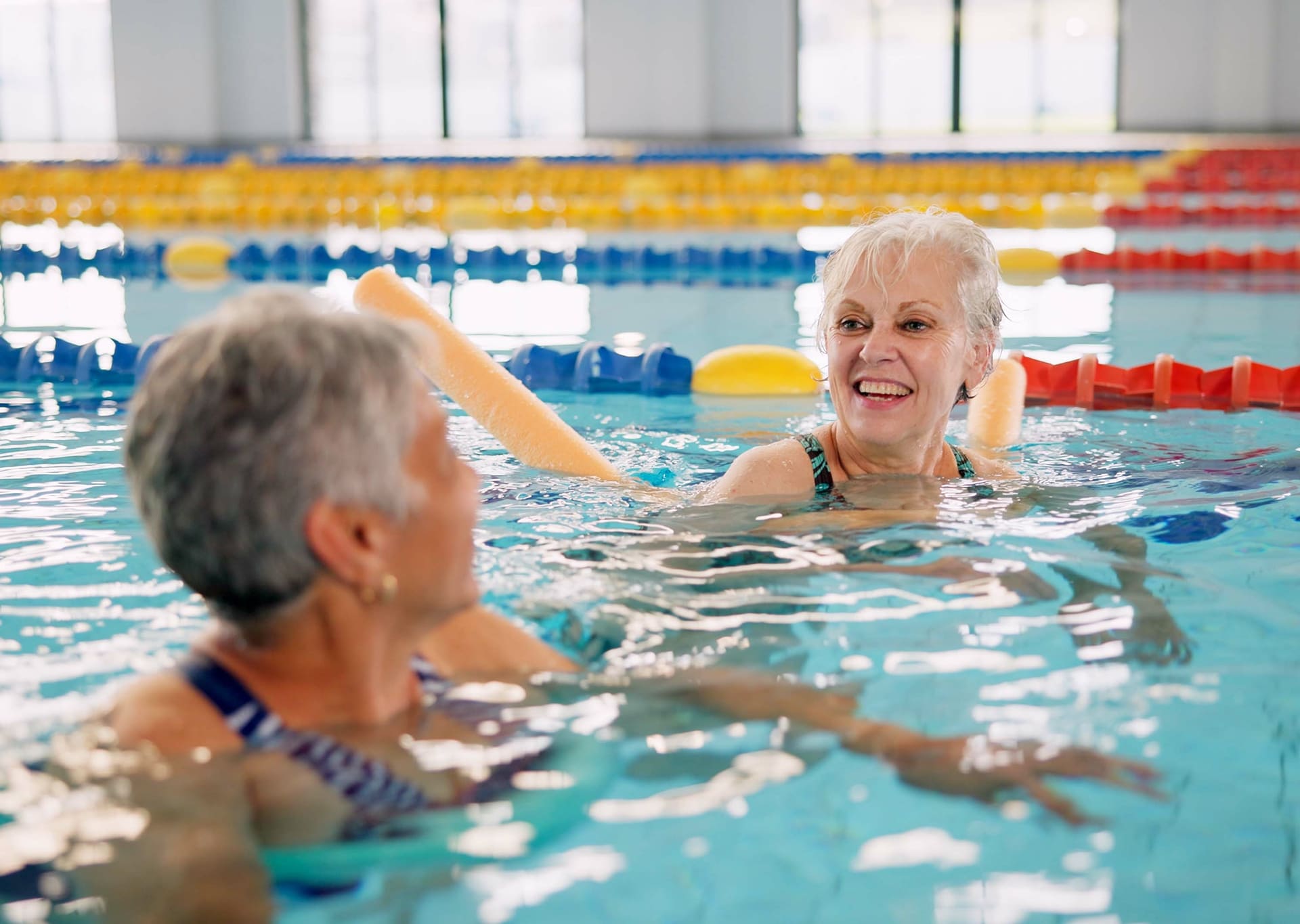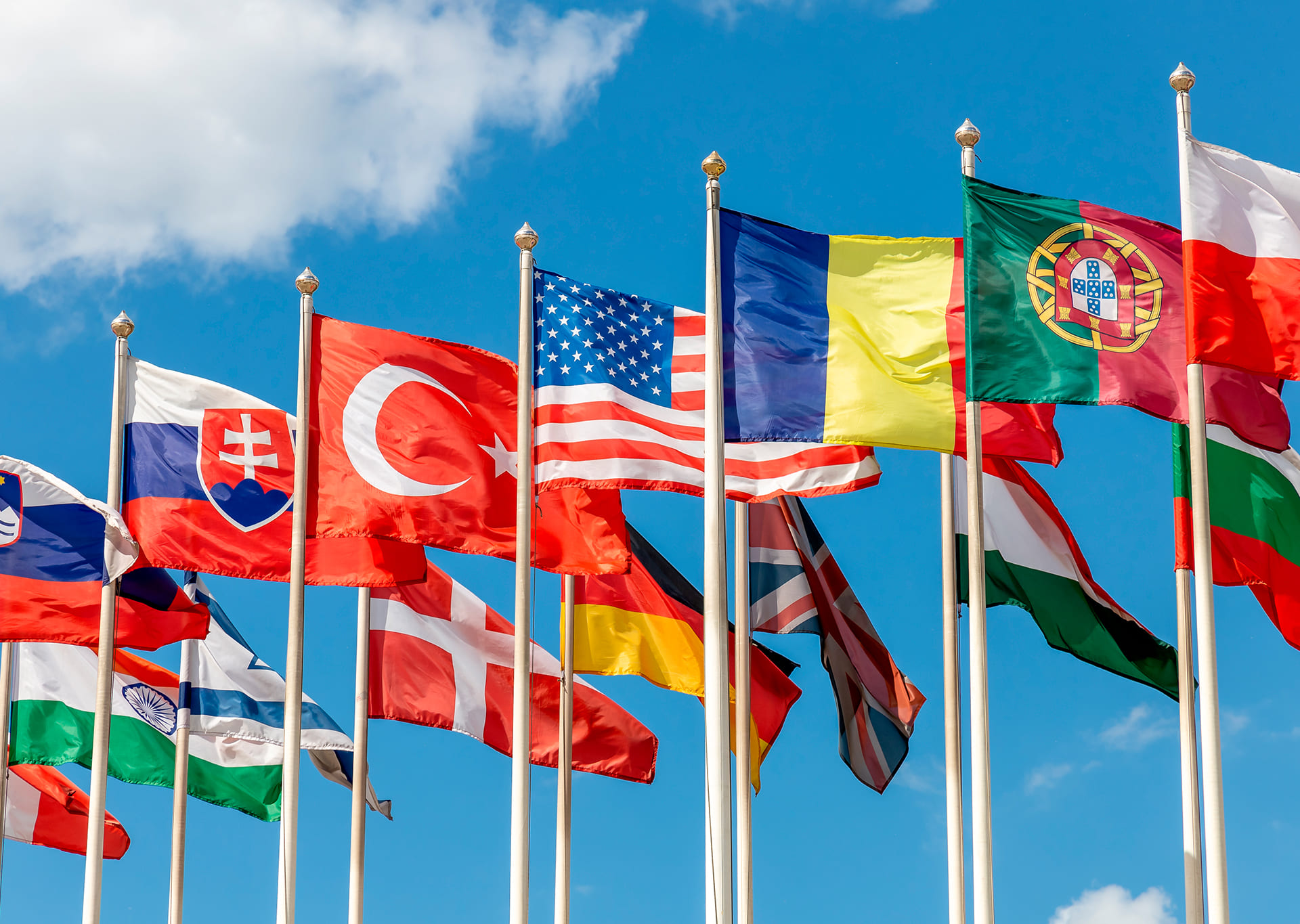
Physical and emotional benefits of adaptive sports
Adaptive sports have proven to be an essential tool for improving the quality of life of people with functional diversity. Not only does it contribute to physical health, but it also plays a crucial role in the emotional and social health of participants. This type of physical activity, tailored to each individual’s specific needs, offers a range of benefits that promote autonomy, emotional well-being, social integration, and the building of greater self-confidence. Below, we explore the main benefits of adaptive sports, both physically and emotionally, and how they can be transformative for those who practice them.
Physical impact: improved health and mobility
Adaptive sports have a direct and positive impact on the physical health of those who practice them. Activities such as wheelchair basketball, adaptive tennis, swimming, and athletics are clear examples of how sports can improve physical health while also adapting to the needs of people with different types of functional diversity.
- Muscle strengthening and increased endurance: Adaptive sports allow you to work different muscle groups, which helps prevent muscle loss and maintain strength in specific areas of the body. For example, in sports like wheelchair basketball, participants primarily exercise their upper body, improving arm and back strength. Swimming, on the other hand, works all types of muscles, increasing cardiovascular endurance and flexibility.
- Improved mobility and flexibility: Practicing adaptive sports is also key to maintaining good mobility and flexibility. Joint mobility is improved with regular exercise, which helps prevent muscle stiffness and pain, common conditions in people who don’t get enough physical activity. Furthermore, practicing adaptive sports promotes balance and coordination, which are essential for those who rely on mobility devices.
Emotional benefits: beyond the body
Although the physical benefits of adaptive sports are indisputable, their emotional impact is equally significant and transformative. Practicing sports not only improves physical health but is also a powerful tool for the psychological and emotional well-being of people with functional diversity.
- Sense of belonging and community: Participating in adaptive sports allows people with functional diversity to connect with others who share similar interests and goals. This creates a sense of community, camaraderie, and mutual support that is vital for reducing social isolation. Furthermore, sports provide a platform for interacting with others, making friends, and strengthening relationships, which contributes to social integration.
- Improved mood and stress reduction: Physical activity is known for its ability to release endorphins, chemicals that improve mood and reduce stress. In this sense, practicing adaptive sports not only improves physical health but also reduces levels of anxiety, depression, and stress. The feeling of well-being experienced after exercise contributes to a more positive attitude toward life.
- Increased self-esteem and confidence: Overcoming athletic challenges and achieving achievements, no matter how small, has a direct impact on participants’ self-esteem. Adaptive sports offer a space for people with functional diversity to feel successful, capable, and motivated to continue overcoming obstacles. The satisfaction of achieving goals, such as completing a race or improving performance in an activity, strengthens self-confidence and their perception of competence in various areas of life.
Adaptive sports are much more than a physical activity; they are a comprehensive tool that improves both the physical and emotional well-being of people with functional diversity. Through sports, participants not only improve their health and mobility, but also develop greater independence, strengthen their self-esteem, and find a sense of community. Furthermore, sports provide a space for self-improvement and enjoyment, contributing to a healthier, more active, and more confident life.
It is essential to recognize the value of adapted sports as a way to improve the quality of life and social integration of people with functional diversity. Promoting inclusion and facilitating access to these sports programs is essential so that more people can benefit from the countless positive effects that adapted physical activity provides.








